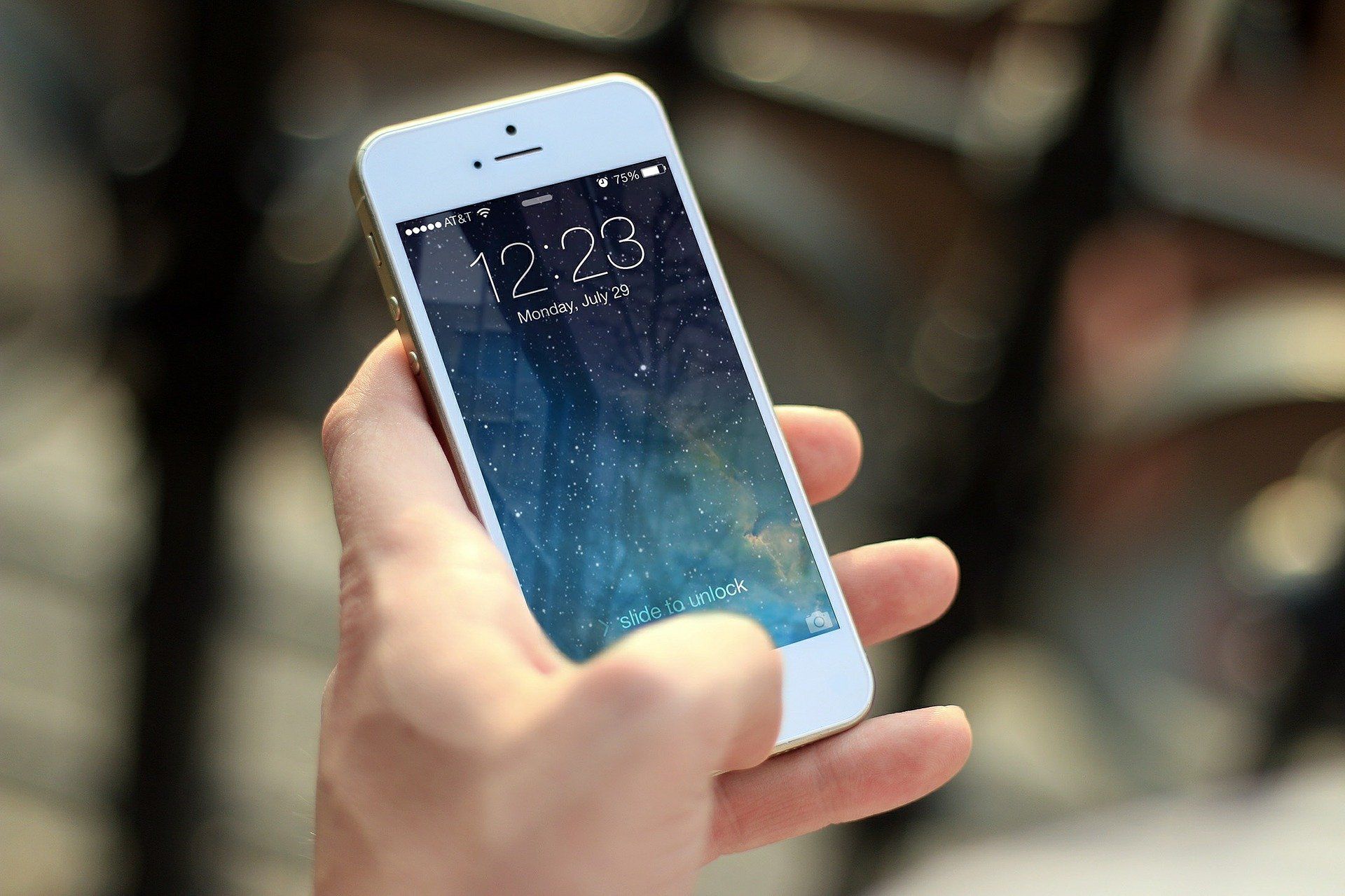Tech giants Apple, Google, and Microsoft on Thursday announced that they were looking to get rid of passwords in the future, marking a move away from the traditional model of account security.
The tech titans made the announcement jointly as they voiced their support for the creation of a common standard that would allow users to log in to social media or other accounts without passwords when they unlock their phone using a fingerprint scanner, facial recognition, or other methods.
Also read | Binance, Sequoia commit $1.3 billion to back Elon Musk’s Twitter takeover bid
“The complete shift to a password-less world will begin with consumers making it a natural part of their lives. By working together as a community across platforms, we can at last achieve this vision and make significant progress toward eliminating passwords,” said Alex Simons, the Vice President of Microsoft.
Instead of passwords, the companies will adopt what they’re calling a “multi-device FIDO credential” or simply, a “passkey.”
Also read | Elon Musk could aggravate Twitter’s misinformation problem: Bill Gates
Unlike passwords, which require the user to input a lengthy string of characters, passkeys will require user authentication in a manner similar to unlocking a phone: when users try to log in to a service, they will receive a push notification on their phones asking for authentication via a biometric input or a numeric pin.
The move is expected to lead to greater security for users. Although convenient and a long-standing standard, passwords are notoriously insecure: for instance, weak and easily guessable passwords accounting for a whopping 80% of all of Verizon’s data breaches last year according to TechCrunch.
Also read | India hits a century of unicorns boosting startup economy
The new standard based on FIDO Alliance’s password-less sign-in system is expected to be much more secure than passwords, as sign-ins will require access to a physical device, thereby making it considerably more difficult for hackers to remotely access people’s information.
The new sign-in standard is scheduled to be implemented across macOS, Safari, Android, Chrome, Microsoft Windows, and Edge next year.







